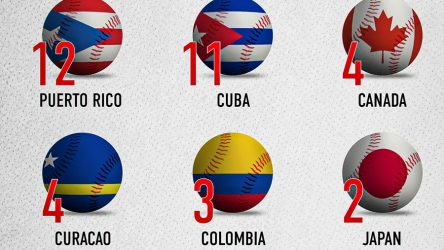
Sports sponsorship is big business and is instrumental for sports franchises around the world. Sponsors also get a major return on investment, and use this visibility to create a connection between the brand and the team. It has been estimated that over 85 billion dollars were spent on sponsorships globally in 2016, and that the sports sponsorship market is set to increase by over 17 billion over the next 4 years. But why are sponsorships so important for both teams and sponsors?
A Branding Opportunity for Both
Brands get to showcase their business to an audience, and sports teams get to associate themselves with emerging brands. Take the example of Real Betis for instance. Betis changed their main sponsor shortly before the season started and went with rising online broker EasyMarkets. While both EasyMarkets and the club’s general manager, Roman Alarcon, stated that they were both pleased with the front of shirt deal, Alarcon stated that he was happy to join forces with a company that is associated with innovation. This in turns allows the team to get a more modern image and connect to a younger audience.
The Red Bull Case
But sponsorships have been known to spur entire businesses as well. Red Bull, for instance, would probably not be the brand that it is today if it wasn’t for its aggressive sports marketing strategy. Red Bull did much more than simply sponsor a team here and there, but went a step further by sponsoring whole events.
In North America, there is the Red Bull Crashed Ice competition which takes over select cities every year for an extreme skating competition that combines aspects of hockey, speed skating, and roller derby. Then there’s the unusual Red Bull Flugtag competition that is held every year in Germany where participants fly homemade and often eccentric aircrafts. They made it very clear that they want to be involved in virtually every sport and are currently sponsoring over 600 athletes all over the world.
And, while Red Bull is also very active in football sponsorships, they went a step further and now have an MLS team named after them, the New York Red Bulls. This will allow them to capitalise on the sport’s rise in popularity among the 19 to 29 demographic, which also happens to be one of the core audiences for Red Bull.
Sports Sponsorships in the Digital Age
Another development in the world of sports sponsorship is social media, and the possibilities it offers. The benefit of social media and digital sponsorship is that is can be monitored and the return on investment quantified more precisely. Sponsorship monitoring allows sponsors to see where their money is going, and on which avenues, formats, and platforms they should concentrate more of their efforts. It also allows them to monitor ever important metrics like user engagement, which pushed more and more sponsors to start looking at influencers who often have more engaged audiences than athletes.
Conclusion
The digital age is making sports sponsorship more efficient, and diversified. It is, and remains, one of the main factors of economic viability for franchises, and will continue to play a major role in sports business branding in the future.







